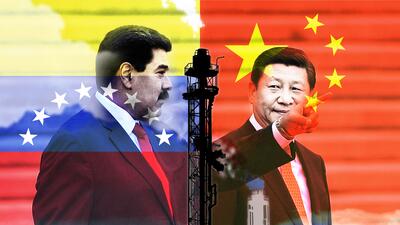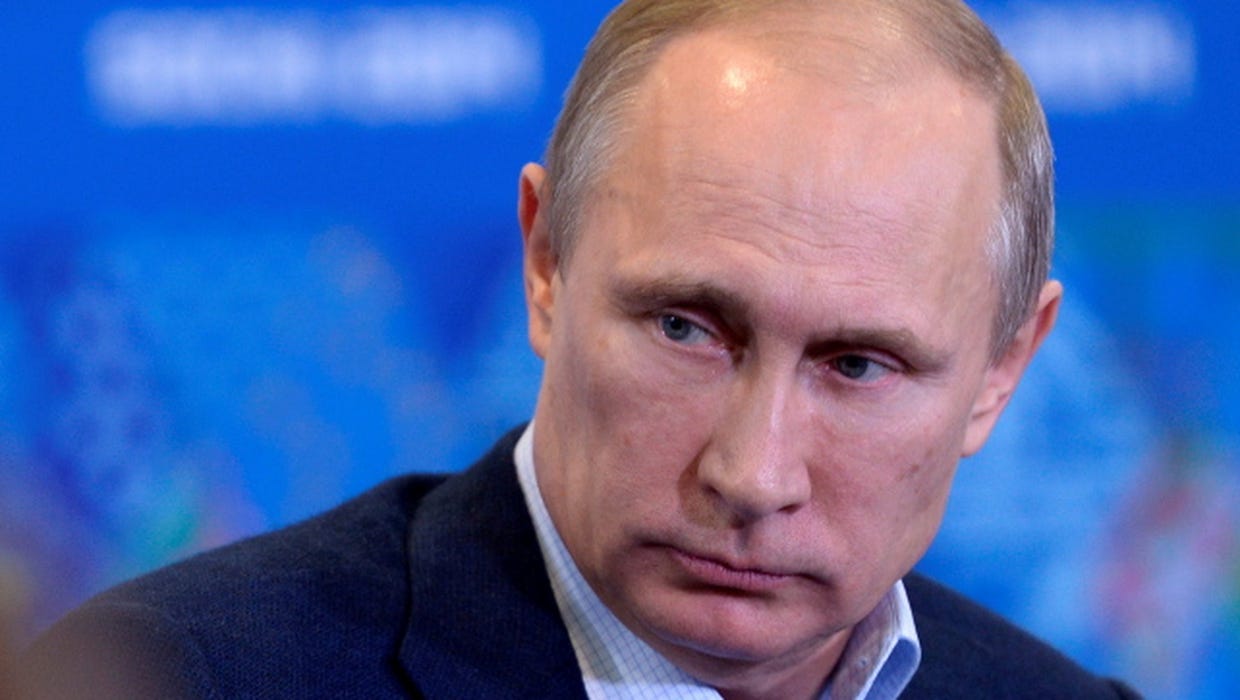The kinky roots of British royalty

by Karen Mims
So, what do we really know about the Brits?
We know that they have a very colorful history and folklore. We know that the early settlers came to America fleeing religious persecution from merry old England, (Britain is the island comprising England, Scotland and Wales.) One might say they were not having such a jolly old time.
Many of us have read or seen movies about the courageous King Arthur and his lovely wife Lady Guinevere who was in love with Sir Lancelot, a gallant knight and loyal friend of King Arthur. Human behavior is timeless. This had all the makings of a medieval love triangle.
If you were of nobility or a tax collector traveling through the forest during 14th century England, you may have had the misfortune to have made the acquaintance of that socially conscious fellow Robin Hood. Robin took from the rich and gave to the poor, sort of a medieval socialist. Why should a few people have so much, and the masses have nothing? Whether you called him friend or foe, his popularity grew as did his legend.
What would Britain be without her royalty? Undoubtedly a very pale English rose. Well, one can rest assured that there is nothing pale about British English Royalty. Her history is just as colorful as her folklore. Let us begin with the Tudors.
Henry the 8th, one of England’s very capable and ruthless monarchs, married the Spanish princess Katherine of Aragon. It was said that Henry and Katherine were quite the couple. They were very much in love. Katherine made several unsuccessful attempts to give her husband a male heir. Her inability to deliver a male heir for the throne was a fatal blow to her marriage. Well, of course there were always ambitious ladies waiting to catch the eye of the king. It’s been documented that two of Henry’s wives lost their heads over him.
This brings us to Elizabeth I, the last of the Tudor monarchs. Elizabeth, like her father, was a great monarch in her own right. Britain/England flourished under her reign. She beheaded her cousin Mary Queen of Scotts for treason.
Elizabeth was commonly referred to as “The Virgin Queen.”. Was she really a virgin? Who knows? Remember she was the daughter of Queen Anne Boleyn; her father, King Henry the 8th, had her mother decapitated. She remembered what happened to a woman when she was too trusting of a man. She thought an empty bed was fair trade for keeping her head and her throne. History has shown she did both.
Queen Elizabeth I remembered what happened to a woman when she was too trusting of a man. She thought an empty bed was fair trade for keeping her head and her throne. History has shown she did both.
What did the Queen of Talk interview reveal about the modern royals? Oprah’s interview with the Duke and Duchess of Sussex was highly anticipated. Millions of people tuned in curious as to what insights could be gained about the world’s most admired and longest reigning monarch. What intrigues lie behind the frozen smiles of British Royals? What whispers may now be spoken?
More tea was spilled during the interview than was spilled at the Boston Tea Party. Duchess of Sussex Meghan Markle, who thinks of herself as an independent woman, has been very vocal regarding women’s rights and empowerment. Megan’s own voice was silenced. She was now unable to advocate for herself, she said. Her own life was vastly different from the public image of a fairytale princess that all is well and that she and Harry were living happily ever after. The Duchess of Sussex was a frightened young woman whose life had more in common with Cinderella, living under lock and key with extended periods of isolation.
Living under constant private and public scrutiny, as well as being dogged by the press and deprived of help, Meghan’s mental health began to rapidly decline. Death shadowed her as suicidal thoughts took up permanent residence in her mind.
Centuries ago, monarchs and people of great wealth had enormous influence over their subjects. They had the power of life and death over them. To offend or displease the monarchs may cause one’s head to roll. Today’s royals may not be capable of causing one’s head to roll, at least literally, but they clearly have influence.
The royal’s refusal to bring clarity to an incident involving Meghan Markle and Kate Middleton, in which Kate was responsible, gave root to shaping her public persona as a villain. Perhaps if the royals had displayed some integrity, her reputation would not have been as damaged.
Adding insult to injury, Prince Harry’s relatives, the royal family, also called “The Firm,” conveyed to Harry, as he confided in his wife, and now to Oprah and the world, that there was concern about how dark-skinned their unborn child, who is now Archie, would be – that a child with African features would be an embarrassment to the crown.
The royal family, also called “The Firm,” conveyed to Harry, as he confided in his wife, and now to Oprah and the world, that there was concern about how dark-skinned their unborn child, who is now Archie, would be – that a child with African features would be an embarrassment to the crown.
As a White man, who is also a prince, Harry was shocked and bewildered. I am certain Harry never experienced racism that was unapologetically in his face and directed towards him. Born into the pinnacle of privilege, European royalty, one would never be a target of it. He was shocked by the reality that his life of privilege did not extend to his Black wife and yes, little Archie. We all are aware of the one drop theory. It affected Meghan and their children.
Maybe having royalty, a prince or princess with a proud, conscious awareness of his or her African heritage would be politically threatening on the world stage regarding African affairs. Or maybe they did not wish to support a modern prince whose Hebrew identity was awakened in the courts of Pharaoh.
Meghan’s White heritage didn’t afford her access to the real goodies; it got her a quick peek before the door was quickly closed and sealed. When the prince married Miss Markle, he crossed the line – or let us say he did not stay within the boundaries of his social class. He brought home a lovely young woman who was educated but still Black, and Harry turned around and married her.
The way the British royals and many of the elite looked at it, Harry married the help. Frozen smiles and public whispers were boldly unmasked. Meghan’s in-laws consolidated in typical White supremacist fashion to marginalize the Duke and Duchess of Sussex. Harry, this is how it is done.
The way the British royals and many of the elite looked at it, Harry married the help. Frozen smiles and public whispers were boldly unmasked. Meghan’s in-laws consolidated in typical White supremacist fashion to marginalize the Duke and Duchess of Sussex.
They completely changed the rules of the game that worked well enough until Meghan Markle came along – especially since the prince would soon be the father of a Black child or a child of color. Distance had to be placed between the lily-white British throne and all of the privileges that go along with it that shout “Whites only!” like security for your family, your children, any titles, and cutting you off financially.
If it was not for the Duke of Sussex’s inheritance that his mother left him, Harry may have been known as the pauper prince. The Duke and Duchess came face to face with the invisible but real presence of White supremacy as it thrives behind one of its greatest institutions, the British monarchy.
One day out of curiosity, I decided to check out European history and I’m sure you’ve heard the saying that “curiosity killed the cat,” and it did. Satisfaction brought it back. Those arrogant British royals are a pretty kinky lot. No, I do not mean as in Prince Andrew’s alleged kind of kinky, but in the British Black Queen Charlotte kinky. Yes, that is some kinky roots. Queen Charlotte was a light skinned, flat nosed, big lip sister.
I use kinky as a kind of synonym for Black or African. Those uppity British royals have Black, as in African, blood. They got that drop. Queen Charlotte was a direct descendant from Margarite de Castro y Sousa, a Black branch of the Portuguese royal house, according to PBS Frontline.
My imagination became fueled by the blatant disrespect the current British royals displayed to the Duke of Sussex and his wife the Duchess of Sussex because of her African heritage. If it were possible for Queen Charlotte to return for a moment, what would be her reaction? Personally, honestly, I believe she would have felt so dishonored that her African blood would be boiling.
Queen Charlotte was a light skinned, flat nosed, big lip sister. If it were possible for her to return for a moment, what would be her reaction? Personally, honestly, I believe she would have felt so dishonored that her African blood would be boiling.
Queen Charlotte, of Moorish descent, was well rooted in her kinkiness, her Blackness, and would have called them out – including Queen Elizabeth herself – and they would have been put on notice about their hypocrisy. That would have made interesting coverage.
If Her Majesty Queen Charlotte had stuck around a little longer, she would shout to the world, standing on top of Buckingham Palace, which her late husband King George III purchased for her as a family home in 1761, that not only the current British royal held a kinky past.
Remember I use kinky as a synonym for Black or African, but the entire British country is kinky rooted, meaning deeply Black. The remains of a 10,000-year-old man were discovered in a gorge in Cheddar Somerset, Britain. The man was accurately identified, possible because of the advancement of technology, by scientists who added flesh to his skeletal remains. This was accomplished by extracting his DNA.
Scanning the skull, experts were able to recreate the man with unprecedented detail. It was determined that he had dark to Black skin with wavy hair; and get this: He had blue eyes. I began this article asking, “What do we really know about the Brits?” I now know that every blue-eyed, blond-haired Brit’s origin is deeply kinky at its roots.
One more thing, we spilled a lot of tea. Let us have a cup. I am serving it with crow. Eat and drink up, Brits.
Community activist Karen Mims can be reached at kmims048@gmail.com.














